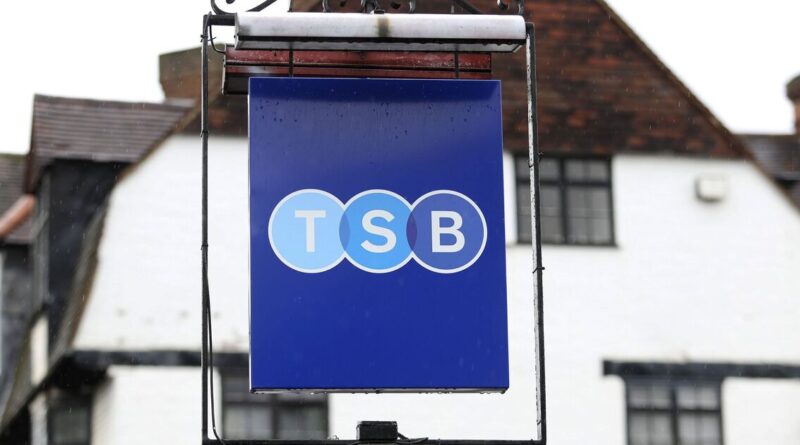Mortgage lenders hike interest rates by up to 0.3% following Labour Budget | Personal Finance | Finance
Mortgage lenders have raised interest rates this week, spurred by rising funding costs following the Chancellor’s Autumn Budget.
TSB Bank has increased fixed mortgage rates by up to 0.3%, while Santander has raised rates on deals by up to 0.29%.
HSBC has also increased interest rates for the second time in two weeks across a number of its fixed-term mortgage deals.
This comes despite the Bank of England announcing a central rate cut to 4.75% last week in response to sustained lower inflation rates.
Brokers have said the mortgage rate increases are likely due to the “rising cost of funding” following the Labour Budget and Donald Trump’s US election win.
Gilt yields, which are the interest rates paid on British Government bonds, spiked after Rachel Reeves’s Autumn Budget, signalling “underlying uncertainty” from investors.
Gilt yields affect swap rates, which are predictions of future interest rates. Swap rates typically move in tandem with gilt yields.
Justin Moy, managing director at EHF Mortgages, said: “TSB is the latest lender that has had little option but to increase rates due to the rising cost of funding, which has been largely fuelled by the Labour Budget.
“While the Base Rate has improved, borrowers need to understand that this does not directly price the majority of mortgage products. Instead, it is the longer-term outlook for the cost of funds through Swap rates and Gilts that mortgage holders need to keep an eye on.
“We are unlikely to see wholesale cuts in fixed rates for some time yet, as the markets factor in the US election result along with our own country’s high spending plans.”
Rohit Kohli, director at The Mortgage Stop, said: “Many borrowers will be left scratching their heads as to why, less than a week after the Bank of England cut the base rate by 0.25%, lenders like TSB are increasing fixed rates.
“The markets are still feeling the aftershocks of the Labour Budget. Although it wasn’t as disastrous as the mini-budget, the longer-term cost of borrowing continues to rise. Gilt yields and SWAP rates are reacting not only to budgetary policy but also to geopolitical uncertainties, including Trump’s re-election to the White House.”
He added: “Anyone holding out for big cuts in interest rates is taking a gamble for now.”
Nicholas Mendes, mortgage technical manager at John Charcol, said: “HSBC has announced a second rate increase within just two weeks, following a similar move by Santander to increase earlier this week. While many lenders have opted to maintain their existing rates to preserve business volumes and service standards, those offering competitive pricing have been forced to adjust likely due to application levels. These influxes often stretch service levels, prompting rapid rate changes to manage demand effectively.”
For mortgage holders nearing the end of their fixed-rate terms, Mr Mendes said: “It’s essential not to delay in the hope that rates will revert to levels seen weeks ago. Securing a deal now provides certainty in an uncertain market. There is always the option to review and adjust if circumstances change but acting promptly minimises exposure to further rate increases.”




